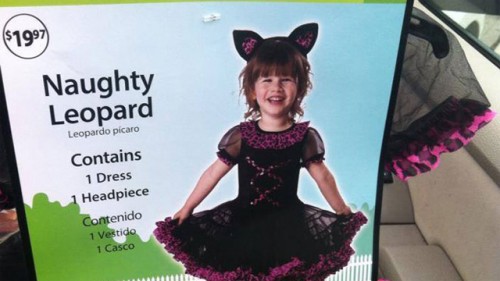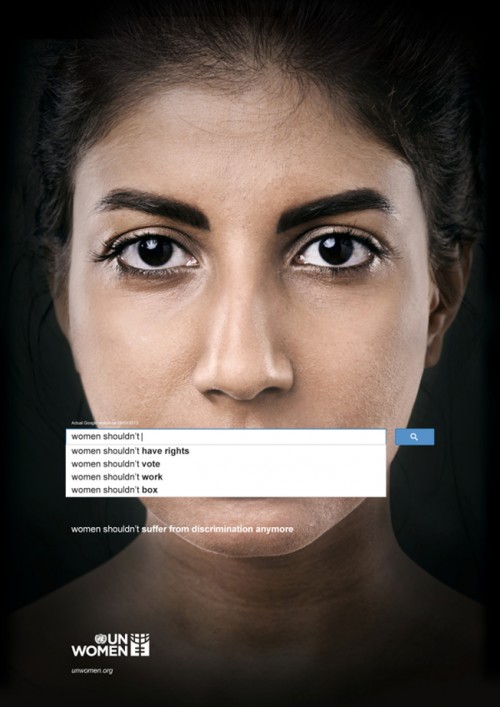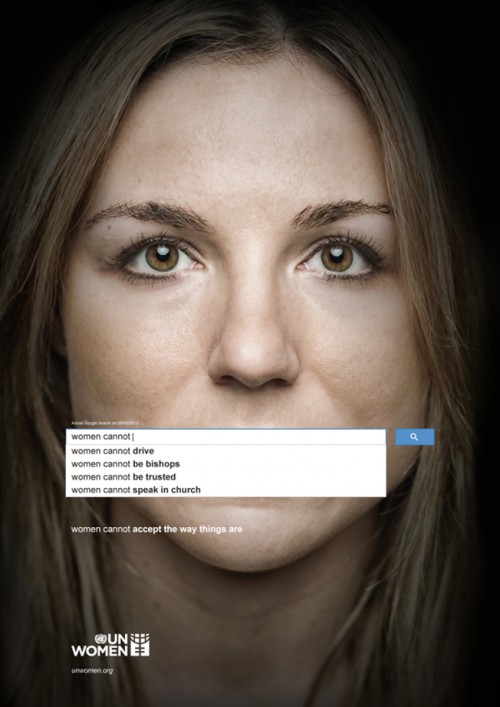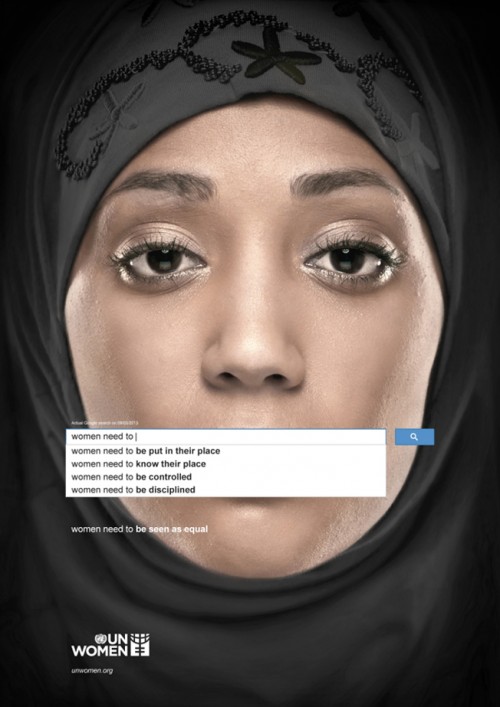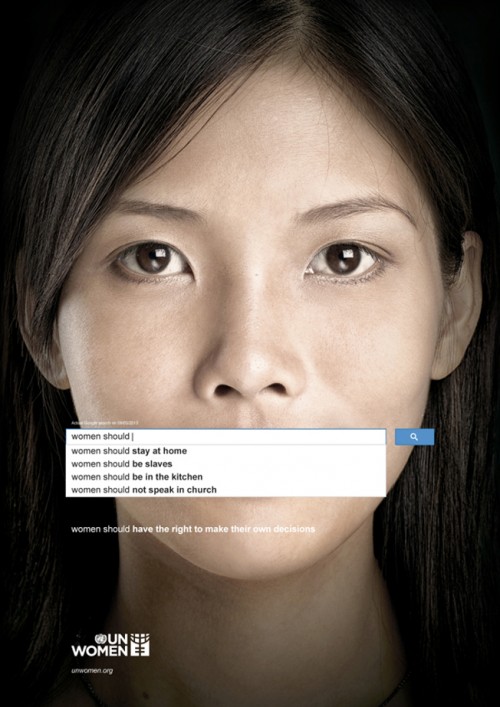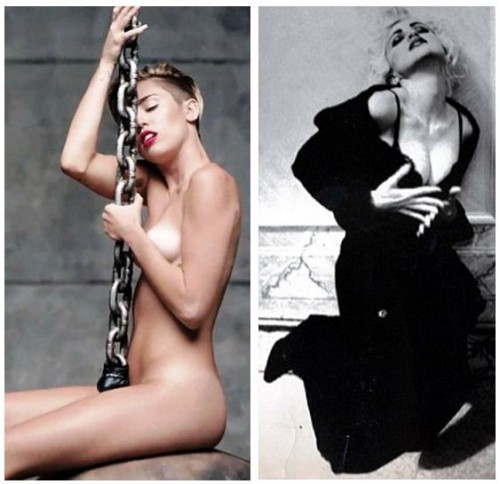Here’s an interesting example of the triumph of ideology over simple fact. Fia K. sent in a link to a costume sold at Amazon titled “Tiny Boy’s Costume.” The costume is a green pterodactyl. There is no equivalent Tiny Girl’s Costume. When I search for that phrase, the search engine deletes the word “girl” and sends me back to here.
This is more than just an instance of associating boys with dinosaurs and excluding girls, although that would be problematic enough. No, the costume is called “Tiny” because it’s associated with a cartoon character with that name from the show Dinosaur Train.
Funny thing is, Tiny is female (note the eyelashes, you can always tell by the eyelashes).
This is evidence of how powerful gender ideology can be. Tiny’s actual fictional femaleness is less powerful than the ideological association of boys and dinosaurs. Hence, a Tiny Boy’s Costume.
Lisa Wade, PhD is an Associate Professor at Tulane University. She is the author of American Hookup, a book about college sexual culture; a textbook about gender; and a forthcoming introductory text: Terrible Magnificent Sociology. You can follow her on Twitter and Instagram.












